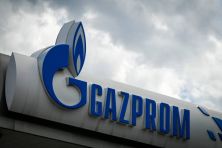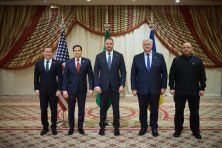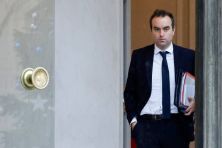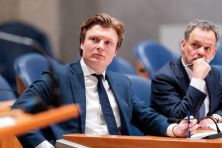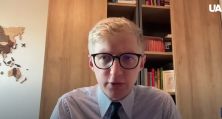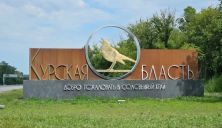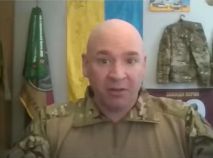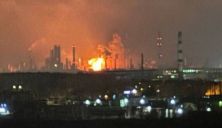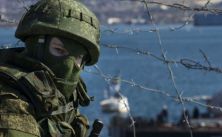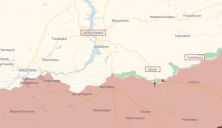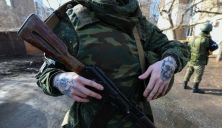Romania’s Foreign Intelligence Service will ask Ukraine and Moldova to declassify documents regarding the entry ban on George Simion, leader of the far-right AUR party, to determine whether there is evidence that Simion may have met with GRU officers.
According to Digi24, citing sources, Prime Minister Marcel Ciolacu discussed with the head of the Foreign Intelligence Service the possibility of requesting Ukraine and Moldova to disclose documents on George Simion, who is a presidential candidate and has been declared persona non grata in both countries. This would allow Romania to determine if it can make this information public.
The controversy began when Ioan Cîrțu, head of the parliamentary Intelligence Committee, claimed the documents contain “accusations and clear evidence” that Simion had meetings with GRU officers.
Christian Terheș, another presidential candidate from Romania’s National Conservative Party and a Member of the European Parliament, alleged that Ukrainian services recorded Simion’s alleged meetings, particularly in the Chernivtsi region, with individuals associated with various Russian intelligence services.
Simion denied meeting with Russian intelligence officials and pledged to withdraw from the race if images of him with GRU officers emerge.
Presidential candidates Nicolae Ciucă and Mircea Geoană requested the prime minister to publish the documents, while Ciolacu asked Cîrțu to resign, accusing him of using intelligence data to interfere in the electoral campaign.
Ciolacu also stated he had not received information that Simion was a Russian spy or had met with Russian agents.
As reported, leftist Prime Minister Marcel Ciolacu and George Simion, head of the far-right opposition AUR, are leading in polls ahead of Romania’s presidential election later this month, and are likely to meet in the second round.
Ciolacu strongly supports Ukraine and its EU and NATO membership, while Simion opposes assistance to Ukraine, particularly military aid.
Russia is reportedly working to influence Romania’s presidential election, scheduled for late November to early December.
Read also: Ukraine, Finland sign EUR 50M loan agreement for reconstruction projects
